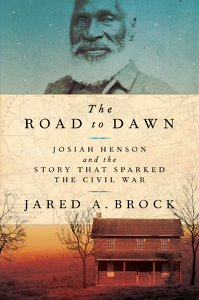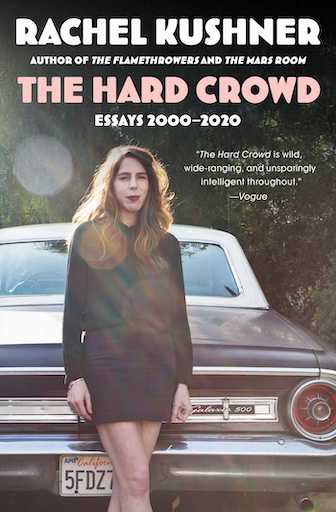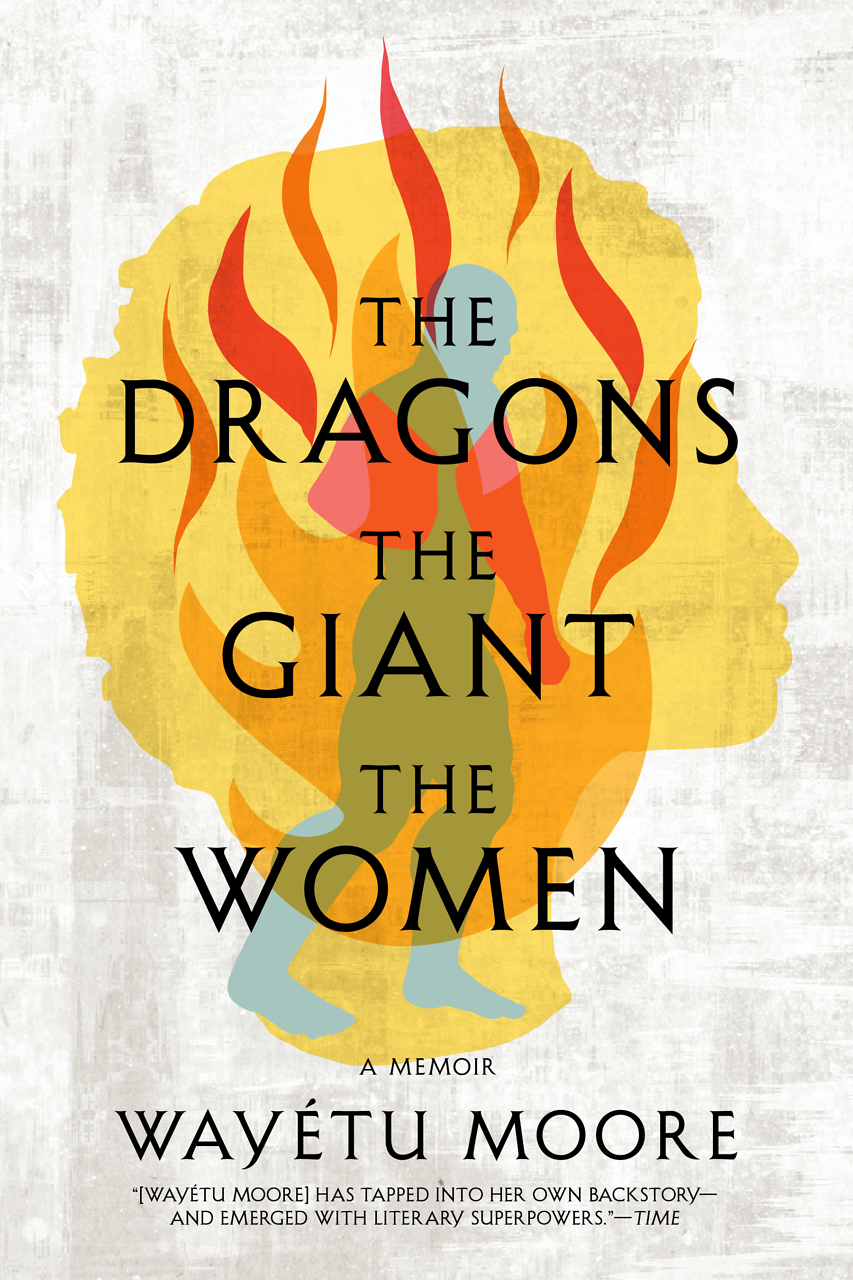Josiah Rising
Jared A. Brock’s The Road to Dawn tells the story of the real “Uncle Tom”
Mason Henson received a hundred lashes for fighting off an overseer brutally raping his wife. Mason’s body was mangled, his ear cut off, and his spirit was broken: worse, he was sold downriver, far from his Maryland family. His son, Josiah Henson, watched as the rest of his family, too, were sold off. He could not have known that one day he would become one of the most famous public figures of his time. In The Road to Dawn: Josiah Henson and the Story That Sparked the Civil War, filmmaker Jared A. Brock traces Henson’s remarkable journey from slavery to world-wide fame as “the real Uncle Tom.”

The first half of Josiah Henson’s life was marked by fear and brutality. For thirty-four years he was enslaved to hard-drinking plantation owner Isaac Riley. Intelligent and strong, Henson quickly became Riley’s right-hand man, eventually handling the bulk of the farm’s in-town business. Direct communication with the business world prepared him for his later work as an abolitionist, but it also made him a target by involving him in his irresponsible master’s business. He was attacked by a neighboring plantation owner, who shattered his shoulder blades, an injury from which he never fully recovered.
In time, Henson married. He experienced a life-altering conversion to Christianity and began to preach. But whenever he found happiness, adversity was also close at hand.
Riley’s drinking and mismanagement eventually led him to send Henson and the rest of the slaves to his brother’s home in Kentucky, a plan that would prevent them from being sold to pay his debts. This trip offered Henson a chance to escape. But the effects of slavery weren’t just physical. Henson’s own father had been whipped publicly within an inch of his life. His mother had been torn from her children. What if his attempt to lead the group to freedom simply resulted in more suffering?
It would be many years before Henson and his family decided to escape, a choice that was fraught with danger. How could two adults, one with a serious back injury, transport four children from Kentucky to Canada in pre-Underground Railroad America?
 Through dehydration, threat of starvation, and dense forests, Henson carried two of his children in a makeshift sack on his injured shoulders. Weeks later, the family arrived on the shores of Canada, and he rolled in the sand as onlookers wondered about his story. No one could have guessed just how much work it had taken for Henson to get there, nor how much good he would accomplish after his arrival.
Through dehydration, threat of starvation, and dense forests, Henson carried two of his children in a makeshift sack on his injured shoulders. Weeks later, the family arrived on the shores of Canada, and he rolled in the sand as onlookers wondered about his story. No one could have guessed just how much work it had taken for Henson to get there, nor how much good he would accomplish after his arrival.
Richard Wright and Zora Neale Hurston fought bitterly and publically about the way to write about race in the early 1900s. For Hurston, preserving the stories of African Americans and presenting them to the public would make white audiences privy to the richness, and therefore merit, of black culture. For Wright, publishing detailed accounts of the atrocities blacks experienced was the only way to make that experience visceral.
The Road to Dawn borrows from both philosophies. From newspaper advertisements to slave narratives, Brock conveys graphic accounts of the violence of slavery. But from the novels of the day to Henson’s own autobiography, he remains focused on Henson’s personal story.
This is perhaps this book’s greatest feat—keeping Henson’s message and story central. Because Harriet Beecher Stowe based her protagonist, Uncle Tom, on Henson’s life, this nickname was often used by over-zealous abolitionists and promoters to introduce him. But Henson was not Uncle Tom. This branding, though an effective publicity tool, threatened to take away his real name and his real story.
“Josiah defies national boundaries, and he fits no category,” Brock writes. “He refuses to be the victim, or the political puppet; nor can he play the faultless hero. He will not be boxed in—perhaps precisely because he spent so much time in confinement.”
For more information on the life of this extraordinary man, Josiah, a documentary directed by Brock, is also available via the author’s website and will be screened at many appearances he makes in support of The Road to Dawn.

Sarah Carter is a high-school English teacher living and working in Lebanon, Tennessee. She recently earned her M.F.A. at Sewanee.


